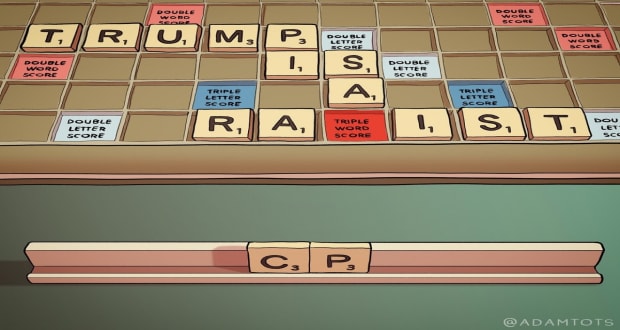Australia’s security agencies are amongst the most secretive on the planet, far more so than their counterparts in the US and UK.
Why is this?
Four Corners journalist Andrew Fowler was told that it’s down to Australia’s junior relationship with its historical allies, the UK and then the US.
“We, the Australians, look after other people’s secrets, and so we have to prove we are more able to look after their secrets than anybody else … It’s a way of explaining in some way this rather, I suppose you could say, closed shop,” he told the BCC World Service program World Have Your Say (MP3).
Whether the explanation Fowler was given is true or not, this culture of extreme secrecy leads to an information vacuum.
Is China trying to hack Australian government agencies? Yes, of course. Everyone is hacking everyone else. That’s how espionage is done these days. But how successful were they? Who knows. Does the government have a valid case for more surveillance? Again, who knows.
Without hard facts, critics and supporters alike are free to assume the worst — either that incompetent security services are riddled with hacks while pursuing a massive power grab, or that Chinese hackers will bring the country to its knees unless we immediately lock down the internet and log everything. The truth is presumably somewhere in the middle, but without facts, a nuanced debate is impossible.
And without facts, we’re free to judge the government’s credibility by the hand-waving cyber language they use. I’ve already given my opinion on all this cybering and the cyberthreat beat-up, but things reached a new low this week with the coining of cybercrisis
.
While the government continues to play secret squirrel, the infosec industry is getting into transparency — via redwolf.newsvine.com















 RSS – Posts
RSS – Posts